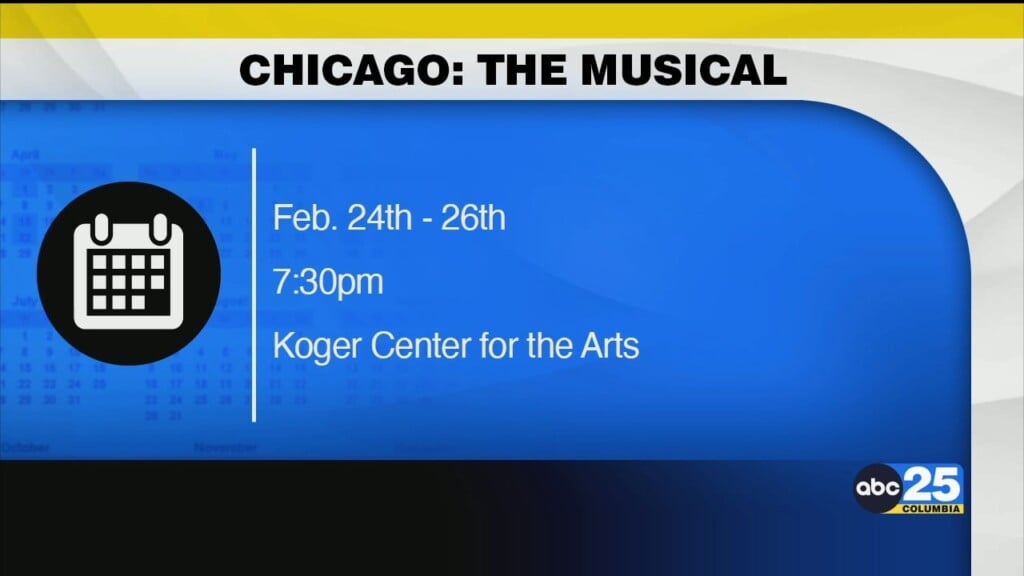MUSC therapy dog becomes new part of CofC Women’s Soccer Team
(WCIV) — September is National Suicide Prevention Month, and according to data from the NCAA, suicide is the second-leading cause of death for college athletes. One weapon in the fight against suicide and depression, therapy animals, can help almost anyone, even in places you would think need them the least.
One therapy dog has found a home with the College of Charleston Women’s Soccer team.
Truman the therapy dog is becoming a fixture on the team. He made his debut a couple of weeks ago and is proving the therapy he brings can help anyone.
“He knows that we may need more than we we may think,” Emma Revels, a sophomore with the team, said.
“I believe all dogs have an instinct to understand what a human is going through,” MUSC’s Therapy Animal Program Coordinator for the Charleston division Cathy Bennett added.
Many of these college athletes are out on their own for the first time, bringing plenty of anxiety to their lives.
“College in general is a tough time for students and athletes and just people in general. When he is out here, they lighten and they don’t have to think. It takes a little bit of stress away,” Associate Head Coach Shanna Caldwell said.
When you add in the stress of college athletics, that becomes a whole different ballgame.
“Healthy, energetic college students also experience some stress and anxiety. When you have a therapy dog that is the right dog with the right temperament, come out and support them and give them some, what I like to call tail-wagging happiness before, during, and even after a game. It kind of helps relieve a lot of that anxiety,” Bennett said.
While emotional support animals and support dogs primarily deal one on one with patients that need special support, therapy dogs can specialize in treating groups.
“They are there to assist total strangers. You don’t have to have a physical or an emotional or even a mental disability. You can be an average person. When you touch this dog something changes. The endorphins kind of switch places and all of a sudden what was troubling you or causing you to be a little anxious, it starts to dissipate,” Bennett said.
“There’s already such good energy, but even the joy and the laughter that he’s brought really just adds to it.I know today’s gonna be an even better day than it was before,” Revels said
More information on the MUSC program can be found on their website.
If you’d like more info on how you can volunteer your dog to be a therapy animal, contact Cathy C. Bennett at 843-792-7360.



